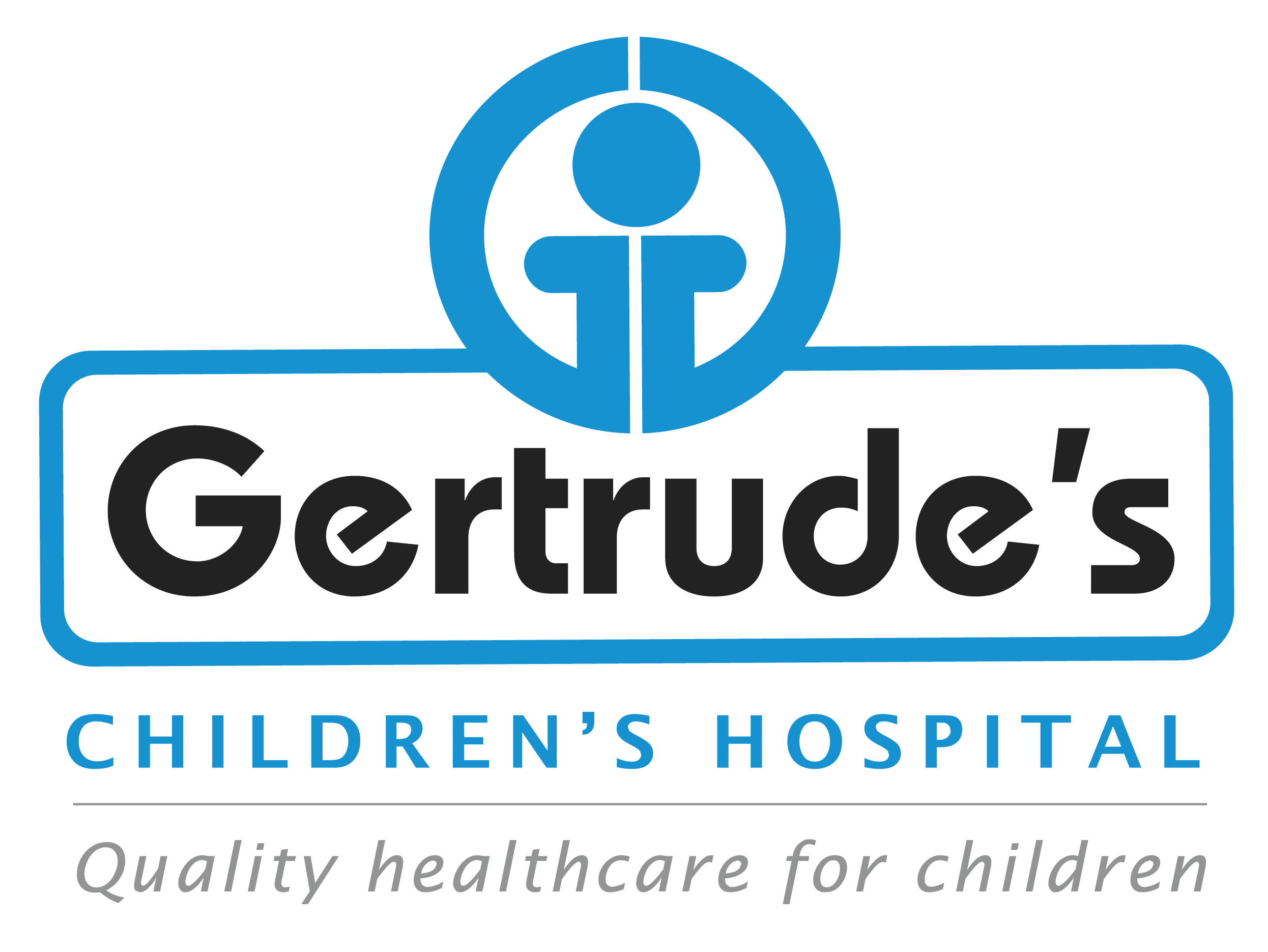Haemolytic Disease of the Newborn (HDN) is a serious condition that can occur when there is a mismatch between the blood types of a mother and her baby. This mismatch leads to the mother’s immune system attacking the baby’s red blood cells, causing them to break down faster than they can be replaced. This breakdown of red blood cells is called “haemolysis.” HDN can lead to a range of complications, from mild to severe, including anemia (low red blood cell count), jaundice (yellowing of the skin and eyes), and in severe cases, life-threatening conditions.
Symptoms
- Small Red Spots or Bruises (Petechiae, Purpura): Due to low platelet counts or a condition that affects blood clotting.
- Jaundice: While not always present at birth, jaundice (yellowing of the skin and eyes) typically appears on the first day of life as the baby’s body struggles to process the large amounts of broken-down red blood cells.
- Anemia: Pale skin, fatigue, and rapid heartbeat due to low red blood cell count.
- Fluid Build-up (Hydrops Fetalis): This is a serious condition where excess fluid builds up in the baby’s body, including the skin, lungs, and other areas. It can lead to severe complications, including death before or shortly after birth.
- Breathing Difficulties: If the condition is severe, the baby may struggle to breathe and require immediate medical attention.
Causes
- Rh Incompatibility:
- This is the most common cause.
- It occurs when an Rh-negative mother (lacking the Rh factor protein on her red blood cells) is carrying an Rh-positive baby (with the Rh factor).
- If the mother’s immune system detects the Rh-positive cells, it might treat them as foreign and produce antibodies to destroy them.
- ABO Incompatibility:
- This occurs when the mother’s blood type is O and the baby’s blood type is A, B, or AB.
- The mother’s immune system may react to the baby’s blood cells, causing them to break down.
- Other Factors:
- Rarely, HDN can be caused by incompatibilities involving other blood group antigens.
Diagnosis
Antenatal (Before Birth) Diagnosis
- Screening for Risk:
- Monitoring Fetal Health:
- Invasive Testing:
- Non-Invasive Monitoring:
Postnatal (After Birth) Diagnosis
- Immediate Testing:
- Other Lab Findings:
- Ongoing Monitoring:
Treatment Options
Before Birth Care:
- Fetal Monitoring:
- Doctors use ultrasound to monitor the baby’s condition and determine if an in-utero (before birth) blood transfusion is needed.
- In-Utero Transfusion:
- If the baby has severe anemia, doctors may perform a blood transfusion directly into the baby’s umbilical vein. This helps replace the damaged red blood cells.
- Timing of Delivery:
- The baby may be delivered early if the lungs are mature, if there are complications, or if the pregnancy reaches 35-37 weeks.
After Birth Care:
- Immediate Care at Birth:
- A skilled doctor should be present at the birth, and special blood for transfusions should be ready.
- If the baby shows signs of severe anemia or other complications at birth (such as pale skin, enlarged liver or spleen, or swelling), immediate medical care is essential.
- This may include
- stabilizing the baby’s body temperature
- correcting any blood chemistry imbalances
- providing a small blood transfusion if needed.
- If the baby has difficulty breathing, assisted ventilation might be necessary.
- Exchange Transfusion:
- If the baby is at high risk of developing severe anemia or very high bilirubin levels, an exchange transfusion may be needed.
- This involves gradually replacing the baby’s blood with donor blood to remove the antibodies and excess bilirubin.
- Intravenous Immunoglobulin (IVIG):
- Administering IVIG early on can help reduce the breakdown of red blood cells, lower bilirubin levels, and decrease the need for exchange transfusions.
Why Choose Us
Expert team
Our pediatric specialists have extensive experience in treating children.
Personalized care
We create treatment plans that fit each child’s unique needs
Support and education
We teach children and families how to care for them and prevent future cases
Advanced treatments
Access to the latest treatments and products
Contact
Please feel free to contact us with any general or medical enquiry by calling us.





